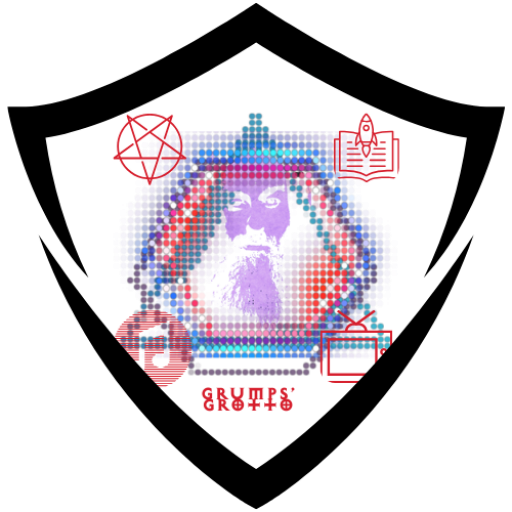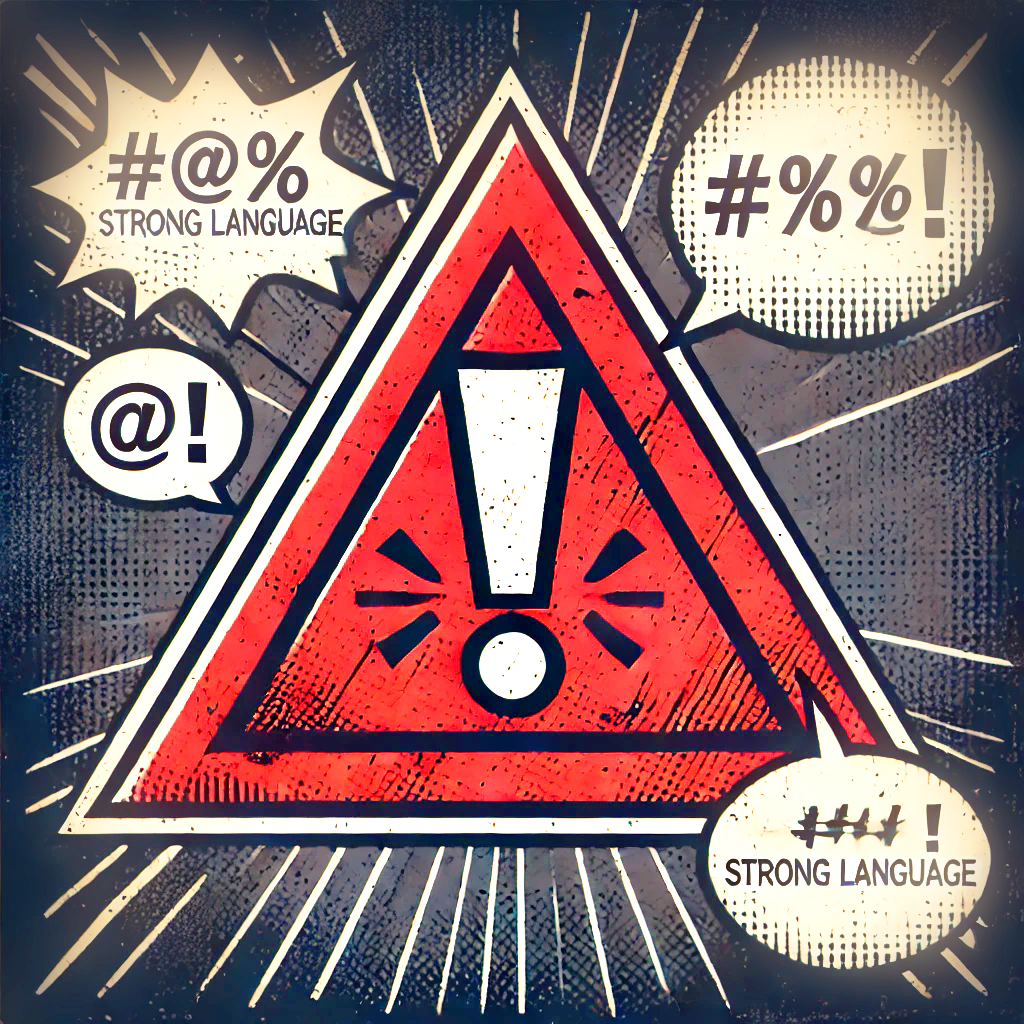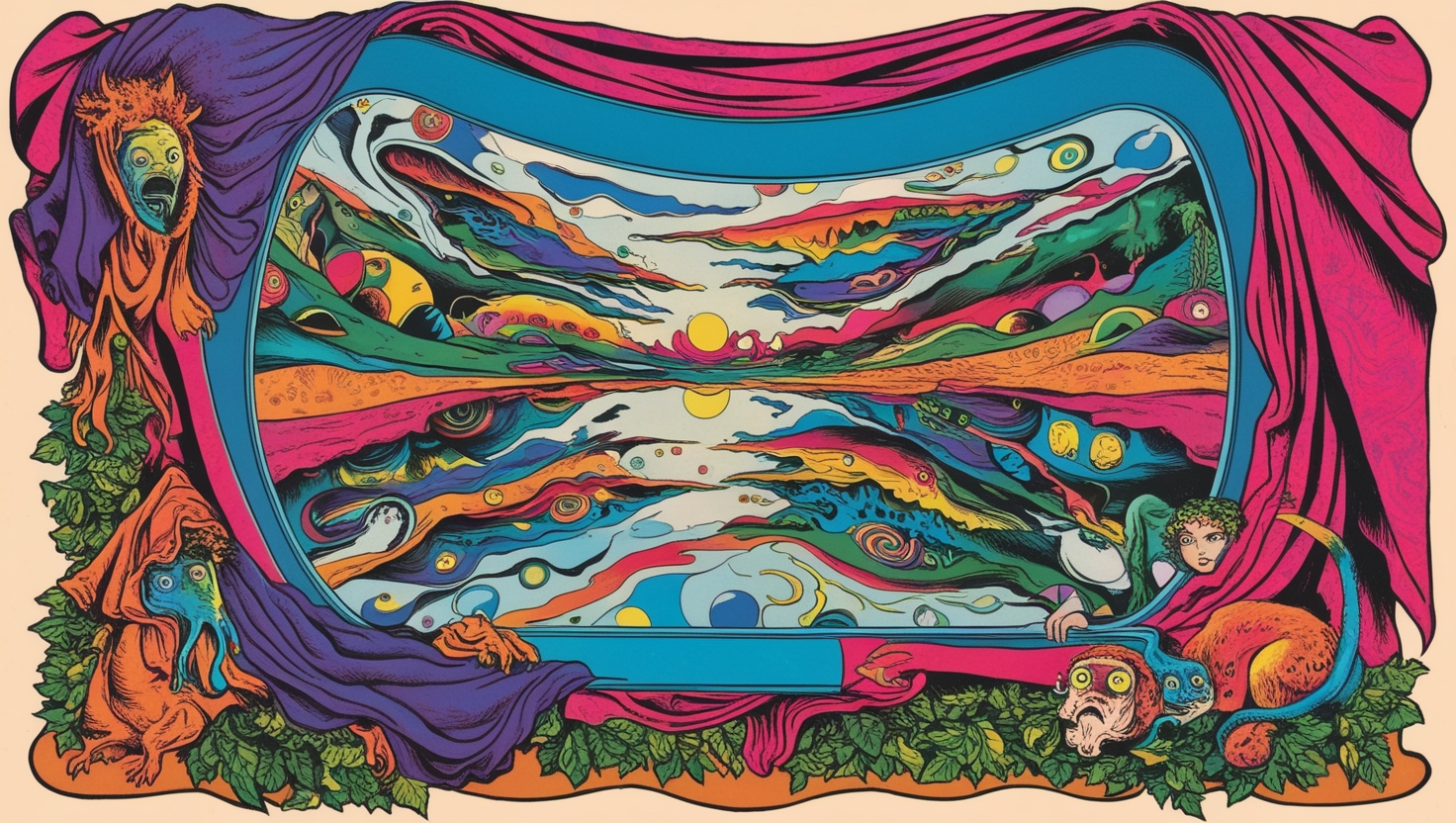Mirrors are everywhere—bedrooms, bathrooms, fitting rooms, even tucked into the visor of your car. Yet, they always feel a bit… unsettling. It’s as if they’re silent witnesses, quietly watching, reflecting every move. What is it about these glass surfaces that gets under our skin? It’s more than just fearing a bad hair day—mirrors seem to tap into something deeper.
Psychologists might call it the “uncanny valley”—that eerie zone where the familiar becomes just unfamiliar enough to feel wrong. And what’s more unsettling than seeing your own reflection reversed? It’s you—but not quite. A glimpse into an alternate version of yourself, standing just on the other side of the glass. In that reversal lies a subtle confrontation: What if the reflection reveals not just who you are, but what you fear you are?
And let’s be honest—modern society doesn’t help. Our obsession with youth, beauty, and perfection sharpens every perceived flaw. We aren’t just checking our reflection; we’re scanning for cracks, for reminders of the ways we don’t measure up. That kind of scrutiny is exhausting. It’s no wonder we sometimes avoid the mirror altogether.
Mirrors as Portals to the Unknown
Of course, psychology is only one side of the story. Mirrors have long occupied a space between reality and the supernatural, shimmering on the edge of folklore. In ancient myths, mirrors are seen as dangerous gateways—tools that can trap souls, offer glimpses into other realms, or invite something darker into our world.
Think of Bloody Mary: say her name three times into a mirror, and legend has it she’ll appear, dragging you into the shadows. Or the superstition about breaking a mirror, bringing seven years of bad luck—not because glass is pricey, but because a mirror was believed to hold fragments of your soul. When it shatters, so does a part of you.
These old stories might seem silly, but they tap into a very real fear: mirrors occupy a strange, liminal space—real yet unreal, a reflection of the conscious and subconscious worlds. They’re boundaries we can see but never quite cross, where dreams, fears, and strange possibilities blend.
Mirrors in Art and Literature: A Symbol of Duality
Mirrors have also left their mark on art and literature, carrying themes of duality and vanity. In Alice Through the Looking-Glass, the mirror becomes a portal to an alternate reality—a place where everything familiar is flipped upside-down. In The Picture of Dorian Gray, it reflects more than just vanity—it exposes the soul’s decay. Mirrors, in these works, don’t just show us who we are—they reveal who we could become.
Artists use mirrors to toy with perspective and perception, creating illusions that force viewers to look beyond the surface. Sometimes they symbolize vanity, other times self-awareness or the relentless passage of time. But in every case, mirrors demand the same thing: What are you really seeing when you look at yourself?
Reclaiming the Mirror: From Criticism to Compassion
Like it or not, mirrors are here to stay. From quick makeup checks to speech practice, they’re tools we rely on every day. But how can we move past the discomfort and start owning our reflection?
The first step is simple: meet your own gaze head-on. Use the mirror as a space for reflection—both literal and metaphorical. Look beyond the imperfections and accept the face that looks back, flaws and all. The truth is, mirrors only reflect what we bring to them. If you carry fear or self-doubt, that’s exactly what you’ll see staring back. But if you stand with curiosity and compassion, your reflection will change with you.
The Mirror as a Tool for Growth
Instead of avoiding mirrors, try using them for self-transformation. Let them be a space where you confront your insecurities and doubts—and come out stronger. After all, a mirror is nothing but glass and silver. But it holds the potential to become a gateway to deeper self-awareness.
The mirror doesn’t lie, but it does reveal truths—some comforting, others difficult. The magic of the mirror lies not in what it shows, but in what it helps you discover. The real question is: will you look away, or will you meet your reflection with open eyes and an open heart?

MidnightSage
MidnightSage is your go-to for dragging ancient myths into the digital age. With a sharp eye for folklore and a gothic flair, they blend old-world wisdom with modern chaos. Lavender-haired and relentless, they’ll guide you through urban legends, modern witchcraft, and the revival of ancient symbols. If you’re navigating the crossroads of mysticism and modern life, MidnightSage is here to make sense of it all.



Leave a Reply